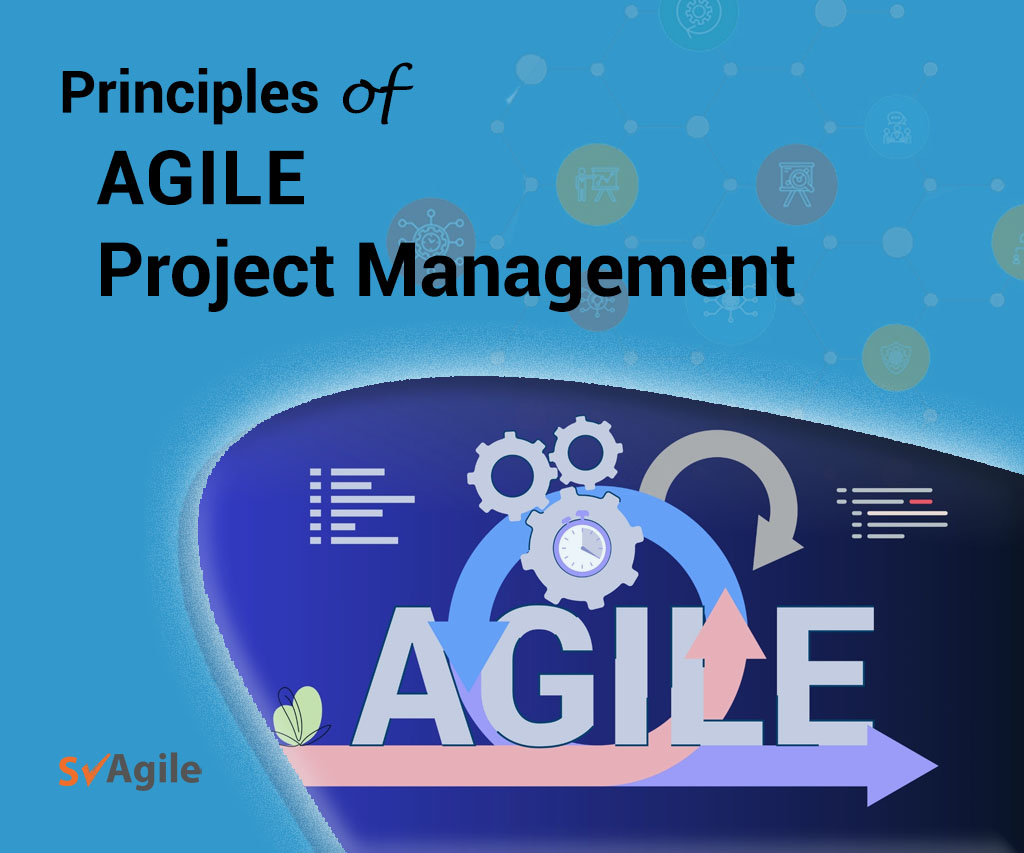
This course provides an overview of the fundamentals of Agile project management using Scrum methodologies. Topics include Agile versus traditional Waterfall approaches, the Agile manifesto, and the development of Agile philosophies as a value-added business practice. The course introduces key Agile project management concepts, including communication management planning, and risk-management planning.
Review Agile-specific practices and method tailoring from an application perspective.
Investigate Agile project management tools.
Program Learning Outcomes
At the end of the MS in Project Management program, students will have the opportunity to develop the knowledge and skills necessary to:
- LO1: Assess significant challenges involved in managing project scope, risk, quality, schedule, budget, and performance metrics, while effectively communicating with different project stakeholders.
- PLO2: Reflect upon your own cognitive abilities and personal and professional effectiveness competencies that are critical to effectively administer and direct a project in a changing and evolving environment.
- PLO3: Design an effective project plan for leading and managing the implementation of a complex project to meet business goals in a real-world setting, while avoiding common project management pitfalls.
- PLO4: Develop a position on an ethical issue or dilemma that relates to ethical behavior governed by responsibility, respect, fairness, and honesty in the practice of project management.
Course Learning Outcomes
By actively participating in the course, students will have the opportunity to:
- Evaluate the nature of and need for Agile.
- Evaluate the rationale for choosing Agile or Waterfall in certain situations.
- Create an understanding of the basics of Scrum.
- Evaluate the routine project planning processes to provide context for the planning done in Scrum.
- Create an understanding of the five levels of planning done inside Scrum.
- Create an understanding of how Agile projects must be integrated into the larger corporate project environment.
- Create an understanding of the requirements process to provide context for how requirements are handled in Scrum.
- Create an understanding of the requirements technique called User Stories.
- Create an understanding of the basic concepts of estimation to provide context for how this is done in Scrum.
- Evaluate the techniques used for estimation in Scrum.
- Evaluate the mechanisms used to track and evaluate team progress in Scrum.
- Create a detailed understanding of the process followed during a Scrum Sprint.
- Evaluate the communications processes that work in Scrum.
- Evaluate the nature of Agile and how difficult it is to implement everywhere in a standard way.
- Evaluate targets for continuous improvement in Agile.
Venue
Silicon Valley, San Jose Campus
This course is currently being offered at Northeastern University College of Professional Studies.